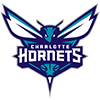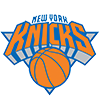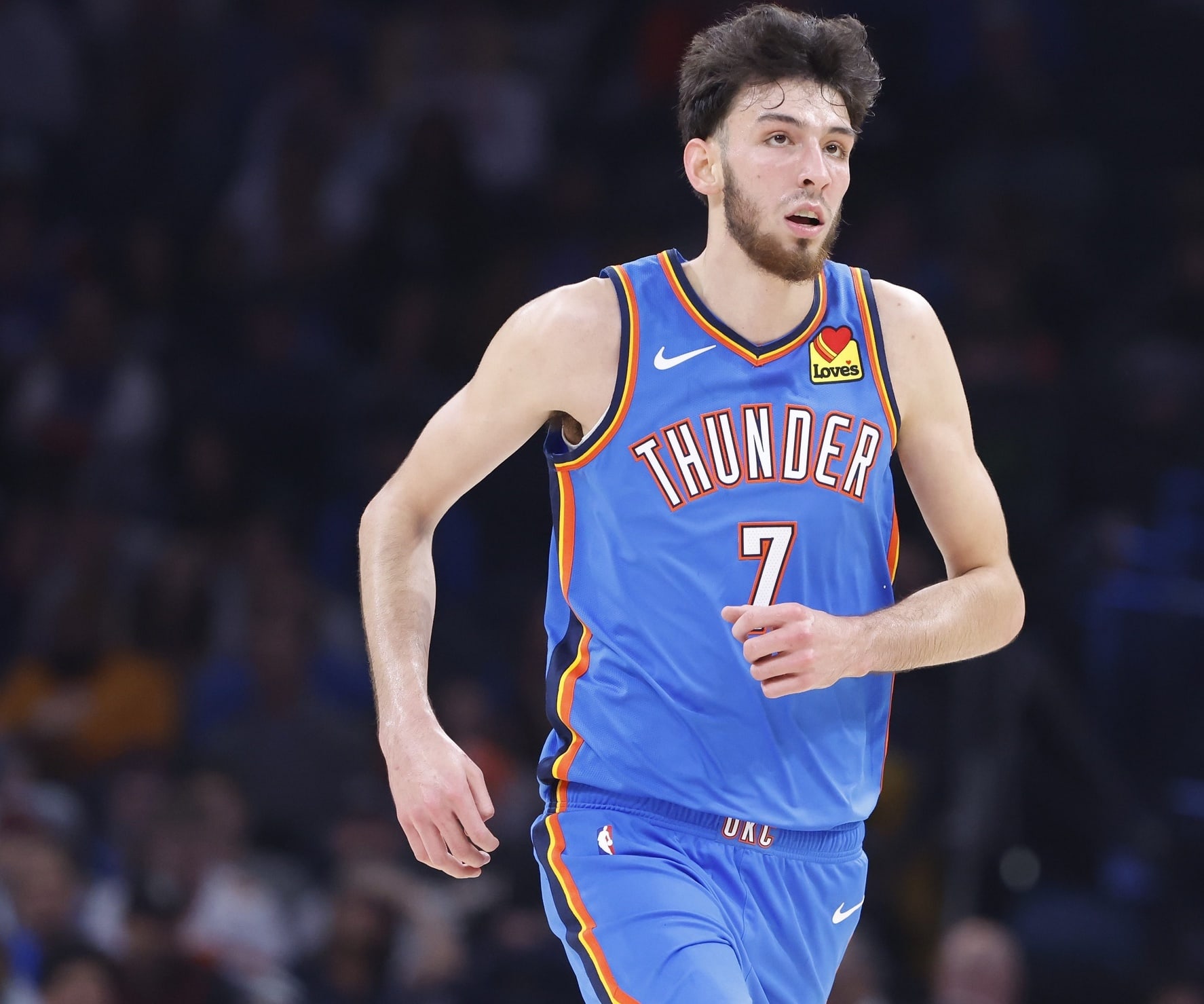2024 Stats
PTS
2.9
REB
3.2
AST
0.6
STL
0.2
BLK
0.5
2025 Projections

Grabs six boards in loss
Gibson closed with four points (2-3 FG), six rebounds and two assists in 11 minutes during Sunday's 93-86 loss to the Celtics.
ANALYSIS
Gibson finishes his 16th and perhaps last season in the NBA with a muted performance in only 11 minutes on the floor for Charlotte. The veteran big man played in 37 games during the 2024-25 campaign, averaging 2.9 points and 3.2 rebounds across 11.1 minutes per contest.
Gibson finishes his 16th and perhaps last season in the NBA with a muted performance in only 11 minutes on the floor for Charlotte. The veteran big man played in 37 games during the 2024-25 campaign, averaging 2.9 points and 3.2 rebounds across 11.1 minutes per contest.
NBA Per Game Stats
Per Game
Total
Per 36
NBA Per Game Stats
Loading Per Game Stats...
2024 NBA Game Log
2024
2023
2022
2021
2020
2019
2018
2017
2016
2024 NBA Per Game Split Stats
Schedule
By Month
Starting/Off Bench
Days Rest
Vs Opp
By Result
2024 NBA Per Game Split Stats
Loading Split Stats...
Advanced Stats
Loading Advanced Stats...
Stat Review
2024
2023
2022
2021
2020
2019
2018
2017
2016
How does Taj Gibson compare to other players?
This section compares his stats with all players from the previous three seasons (minimum 200 minutes played)*. The bar represents the player's percentile rank. For example, if the bar is halfway across, then the player falls into the 50th percentile for that stat and it would be considered average.
True Shooting %
51.5%
Effective Field Goal %
50.0%
3-Point Attempt Rate
2.1%
Free Throw Rate
21.1%
Offensive Rebound %
13.0%
Defensive Rebound %
18.4%
Total Rebound %
15.6%
Assist %
7.5%
Steal %
1.0%
Block %
4.3%
Turnover %
16.6%
Usage %
13.4%
Fantasy Points Per Game
9.1
Fantasy Points Per Minute
0.8
NBA Historical Fantasy Stats
Historical ADP
Loading Historical ADP...
Past Fantasy Outlooks
2022
2021
2019
2018
2017
2016
2015
2014
2013
2012
2011
2010
Having been off the fantasy radar for quite some time, Gibson should assume a similar role as a backup in Washington. He finished the 2021-22 season outside the top 280, putting up just 4.4 points and 4.4 rebounds in 18 minutes per game. However, the fact he backs up Kristaps Porzingis does mean there is a decent chance he goes through periods of relevance, albeit in deeper formats only. Gibson certainly isn't not a name to target from day one but, should he slide into an increased role at some point, he could have some limited streaming appeal.
More Fantasy News

Suiting up Friday
Gibson (illness) is available for Friday's game versus the Kings.
ANALYSIS
Subscribe now to instantly reveal our take on this news.
Subscribe now to instantly reveal our take on this news.

Now listed as probable
Gibson (illness) is probable for Friday's game against the Kings.
ANALYSIS
Subscribe now to instantly reveal our take on this news.
Subscribe now to instantly reveal our take on this news.

Will play vs. Sacramento
Gibson (illness) has been cleared to play in Friday's game against the Kings.
ANALYSIS
Subscribe now to instantly reveal our take on this news.
Subscribe now to instantly reveal our take on this news.

Won't play vs. Indiana
Gibson (illness) has been ruled out for Wednesday's game against the Pacers.
ANALYSIS
Subscribe now to instantly reveal our take on this news.
Subscribe now to instantly reveal our take on this news.

Iffy for Wednesday
Gibson (illness) is questionable for Wednesday's game against Indiana.
ANALYSIS
Subscribe now to instantly reveal our take on this news.
Subscribe now to instantly reveal our take on this news.
Latest Fantasy Rumors

Reunited with Thibs
Gibson signed a contract with the Knicks on Wednesday, Adrian Wojnarowski of ESPN reports.
ANALYSIS
The Knicks signed Gibson in the wake of Mitchell Robinson's injury -- the starting center expected to be out 8-10 weeks. Gibson and coach Tom Thibodeau are being reunited for a fourth time. The 38-year-old also spent time under Thibs with the Bulls and Timberwolves. In 49 appearances with the Wizards last season, Gibson averaged 3.4 points and 1.9 rebounds in 9.8 minutes.
The Knicks signed Gibson in the wake of Mitchell Robinson's injury -- the starting center expected to be out 8-10 weeks. Gibson and coach Tom Thibodeau are being reunited for a fourth time. The 38-year-old also spent time under Thibs with the Bulls and Timberwolves. In 49 appearances with the Wizards last season, Gibson averaged 3.4 points and 1.9 rebounds in 9.8 minutes.















